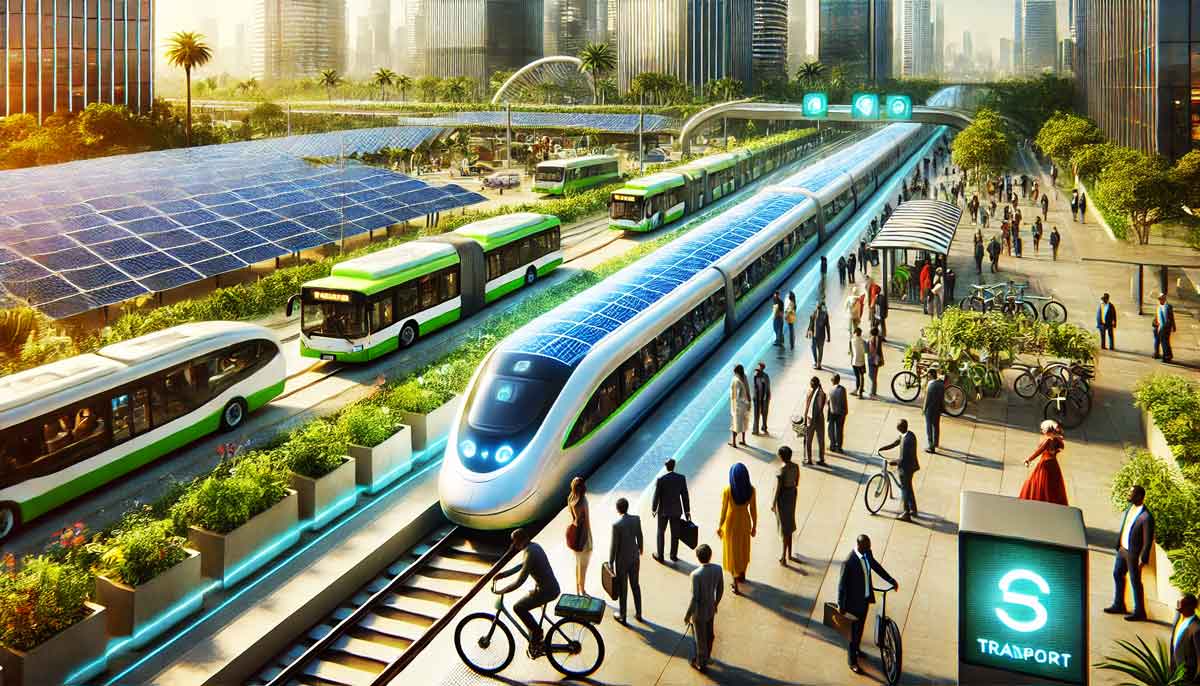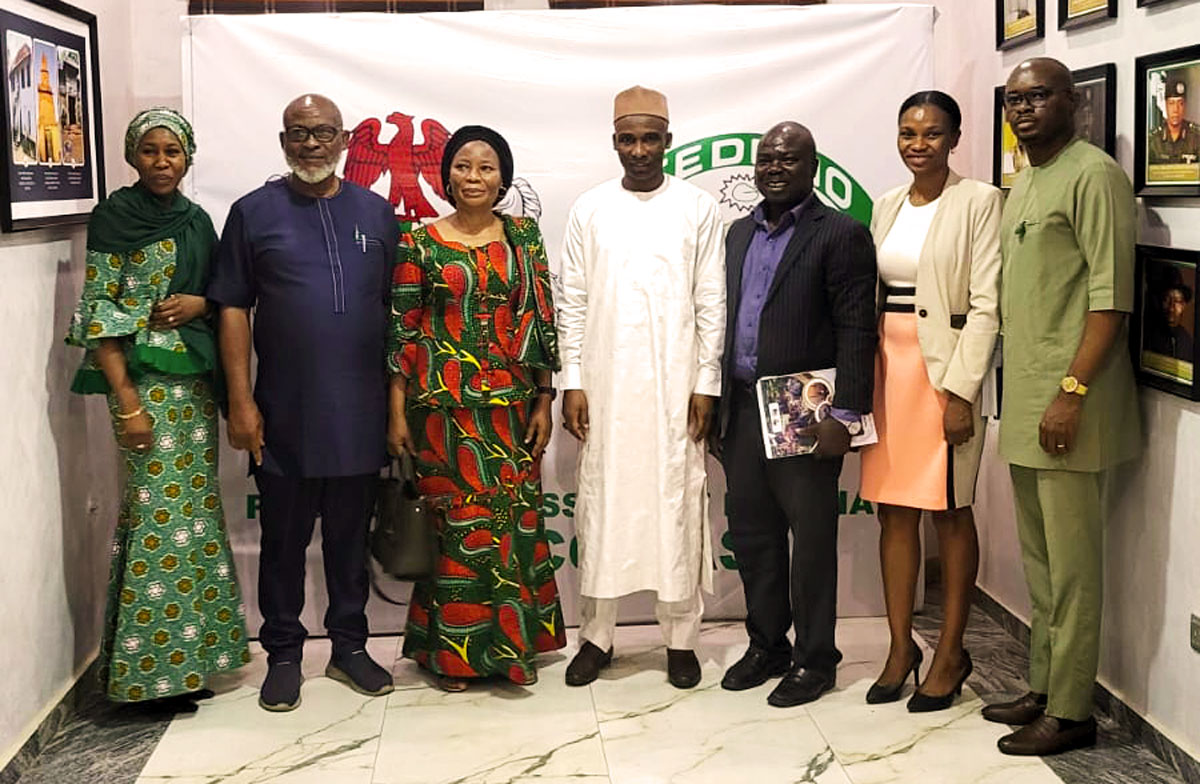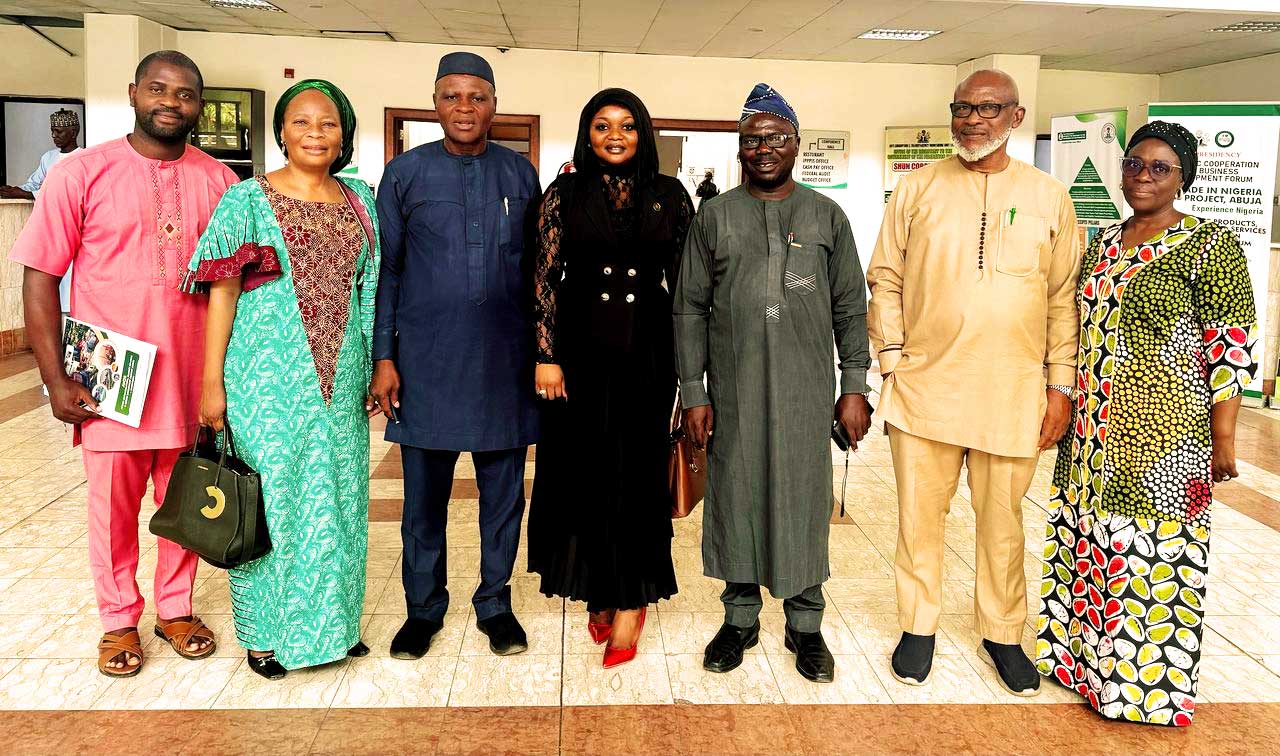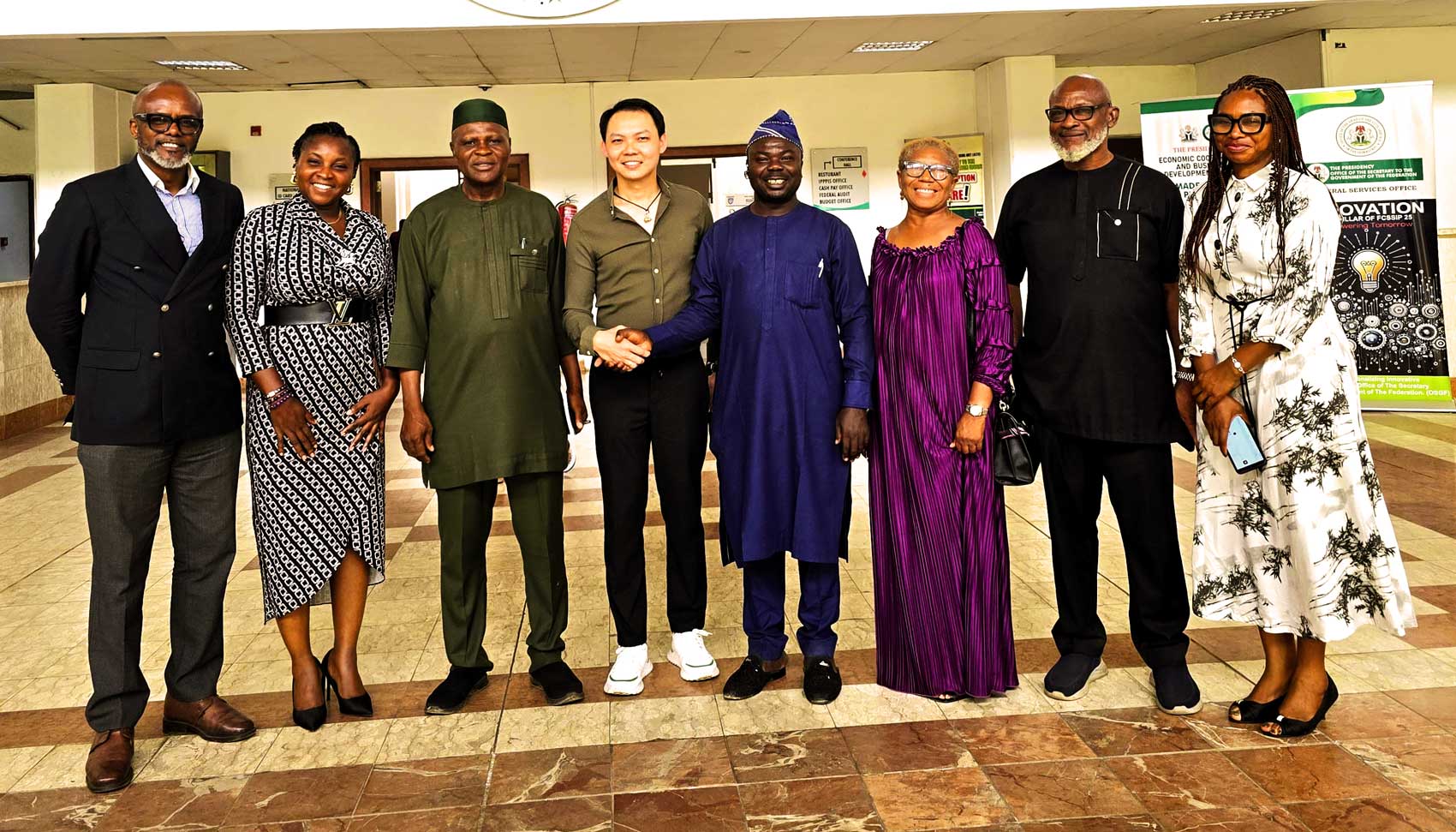Introduction
Africa’s rapid urbanization presents both opportunities and challenges. As cities across the continent grow, so does the demand for efficient, environmentally friendly public transport and mobility solutions. The focus on Africa Sustainable Urban Mobility is critical in ensuring that urban growth contributes to economic prosperity while mitigating the adverse effects of climate change. The Africa Multilateral Infrastructure, Climate Change, and Green Investment Summit, AICIS 2025 is the premier platform where global leaders, policymakers, and investors come together to drive transformative change in urban transport systems across Africa.
Overview of Africa’s Urban Mobility Landscape
African cities are growing at an unprecedented rate. With millions moving from rural areas to urban centers, the demand for efficient public transport, non-motorized mobility options, and smart traffic management is increasing rapidly. Currently, many urban centers rely on traditional, fossil-fuel-dependent transport systems that contribute to congestion, air pollution, and carbon emissions. In contrast, sustainable urban mobility integrates modern technologies and green infrastructure to create efficient, clean, and inclusive transport networks.
Challenges in Achieving Sustainable Urban Mobility
Despite the clear need for transformation, several challenges hinder the development of sustainable urban mobility in Africa:
- Infrastructure Deficits: Many cities lack robust transport infrastructure, including dedicated lanes for public transit and pedestrians.
- Dependence on Fossil Fuels: Traditional transport modes predominantly use fossil fuels, which are expensive and contribute to environmental degradation.
- Inefficient Traffic Management: Congested road networks lead to longer travel times, increased fuel consumption, and higher emissions.
- Limited Access to Funding: The financial resources required to modernize urban transport are often scarce, with many cities struggling to secure investments.
- Regulatory and Policy Barriers: Inconsistent policies and fragmented regulatory frameworks can deter the implementation of smart mobility solutions.
Addressing these challenges is essential to unlock the potential of Africa Sustainable Urban Mobility and ensure that urban growth is both sustainable and inclusive.
Innovative Technologies Transforming Urban Transport
Technological advancements are at the heart of the transformation towards sustainable urban mobility. Several key innovations are reshaping Africa’s urban transport landscape:
- Electric and Hybrid Vehicles: Adoption of electric buses, taxis, and delivery vehicles reduces reliance on fossil fuels and lowers carbon emissions. Many cities are piloting electric public transport systems that offer cleaner, quieter, and more efficient mobility solutions.
- Smart Traffic Management Systems: Utilizing AI, IoT sensors, and real-time data analytics, smart traffic systems can optimize traffic flow, reduce congestion, and improve safety on the roads.
- Micro-Mobility Solutions: Bike-sharing programs, electric scooters, and other micro-mobility options offer affordable and sustainable alternatives to traditional motorized transport, particularly in densely populated urban areas.
- Digital Platforms: Mobile applications and digital payment systems streamline ride-hailing, public transit scheduling, and multi-modal transport integration, making urban mobility more accessible and efficient.
- Renewable Energy Integration: Solar-powered charging stations and energy storage systems ensure that green transport solutions remain sustainable and reliable even in remote areas.
These innovations not only improve the efficiency of urban transport but also contribute to a reduction in greenhouse gas emissions, fostering a cleaner environment for future generations.
Investment and Policy Frameworks for Green Mobility
For Africa to realize the full potential of sustainable urban mobility, robust investment strategies and supportive policy frameworks are essential. Key approaches include:
- Green Financing Models: Investors are increasingly attracted to projects that meet Environmental, Social, and Governance (ESG) criteria. Innovative financing instruments such as green bonds, climate funds, and impact investments can provide the capital necessary to modernize urban transport systems.
- Public-Private Partnerships (PPPs): Collaboration between government entities and private investors can help share the financial risks and benefits associated with building smart transport infrastructure.
- Policy Reforms: Governments need to develop cohesive and forward-thinking policies that incentivize sustainable urban mobility. This includes tax incentives for green vehicles, subsidies for renewable energy integration, and streamlined regulatory processes.
- International Collaboration: Aligning with global sustainability frameworks like the Sustainable Development Goals (SDGs) and the outcomes of COP29 can help African nations attract international investments and technical expertise.
These examples demonstrate that with the right investments and policy support, sustainable urban mobility can become a cornerstone of Africa’s economic and environmental future.
Transforming Africa’s urban transport system is not merely a logistical challenge—it is an opportunity to reshape the continent’s economic and environmental landscape. By embracing Africa Sustainable Urban Mobility through innovative technologies, strategic investments, and forward-thinking policies, African cities can become hubs of clean energy, economic dynamism, and social inclusivity.
The Africa Multilateral Infrastructure, Climate Change, and Green Investment Summit, AICIS 2025 is the ideal platform to catalyze this transformation. We invite policymakers, investors, urban planners, and tech innovators to join us and help build a future where Africa’s cities lead the way in sustainability and resilience.
Register now for AICIS 2025 and be part of the revolution that will redefine urban mobility and drive Africa towards a greener, more prosperous tomorrow.
#AICIS2025 #AfricaSustainableUrbanMobility #GreenInvestment #SmartCitiesAfrica #CleanTransport #ClimateAction #DigitalTransformation #SustainableDevelopment #UrbanInnovation #AfricaFuture




